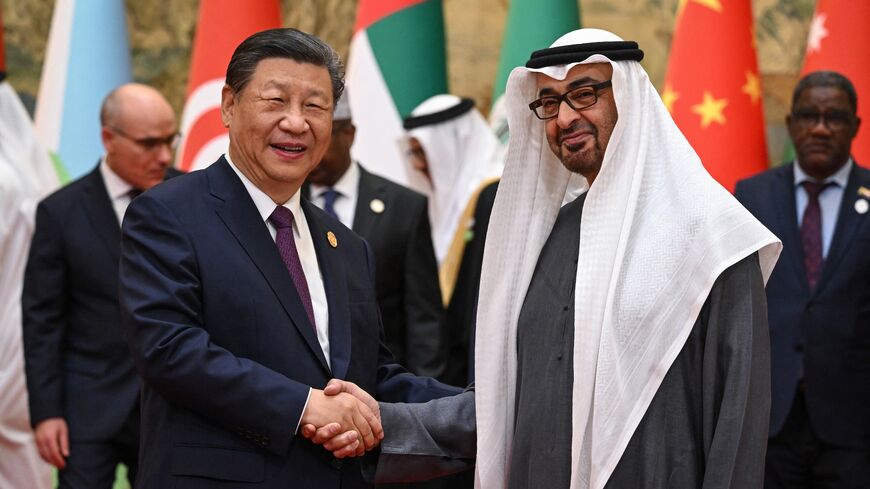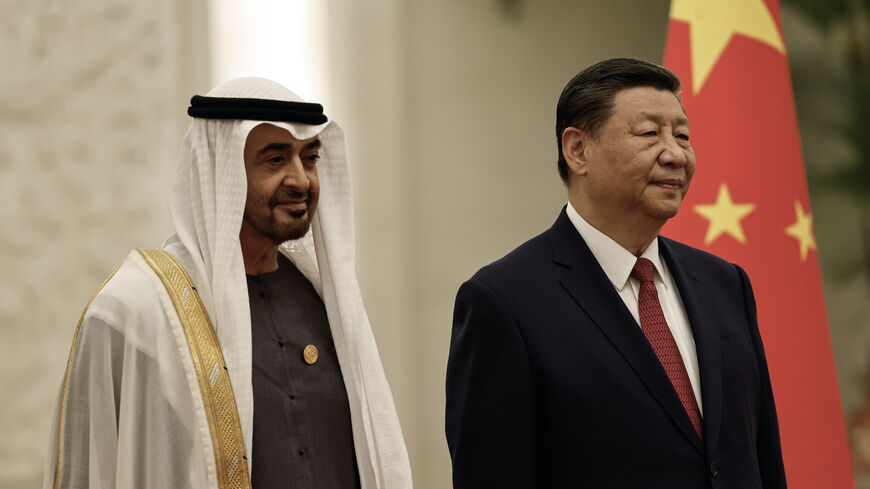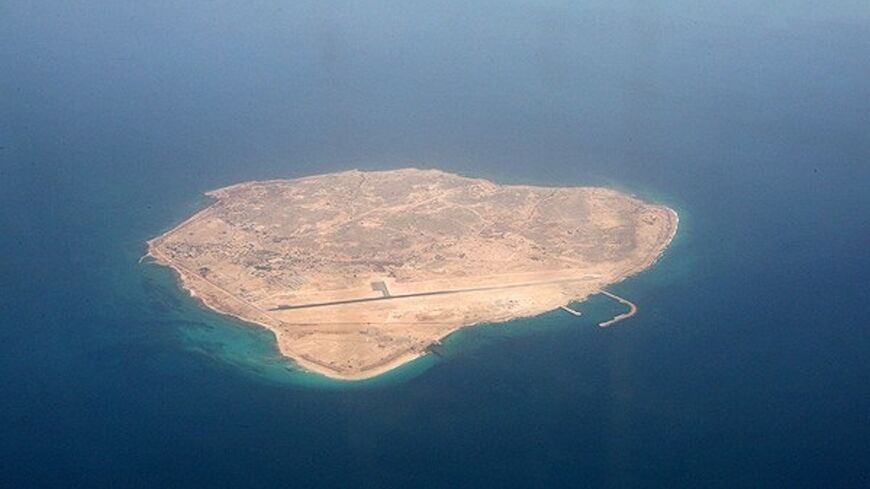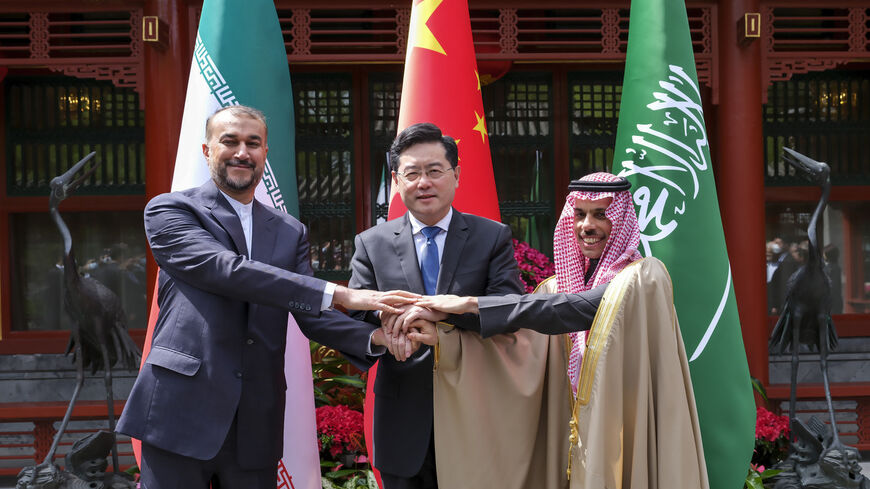With China-Iran ties on rollercoaster, Tehran can only grit its teeth, hang on
Iran can get upset about China’s statement over Abu Musa and the Greater and Lesser Tunbs, or they can express their anger at China, move on and focus instead on extracting the many economic and political benefits that they derive from their relationship with Beijing.
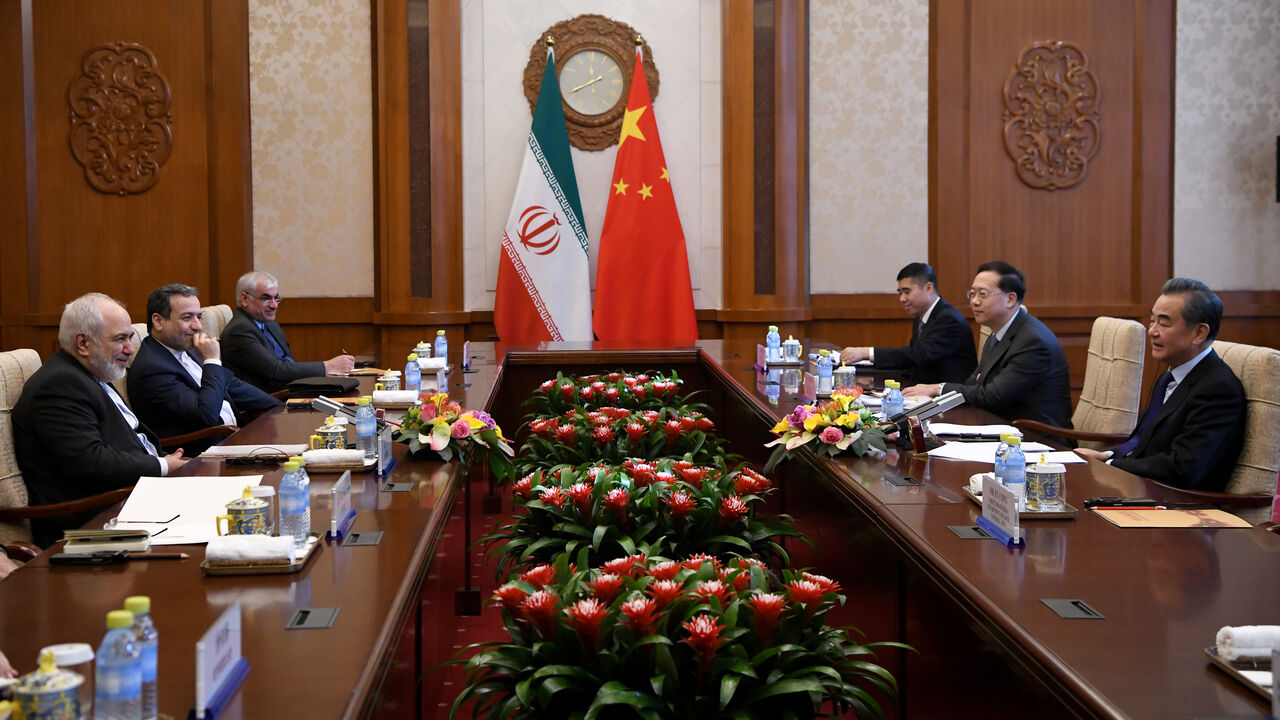
In a statement just over a week ago, China once again expressed its support for Abu Dhabi’s position in relation to the three islands contested by Iran and the United Arab Emirates. The statement, which was released during the China-Arab States Cooperation Forum held in Beijing, outlined China’s “support for the efforts of the UAE to reach a peaceful solution to the issue of the three islands, the Greater Tunb, the Lesser Tunb and Abu Musa, through bilateral negotiations.”
For the Iranians, there is no need for negotiation, as they have presided over the islands for several decades. Deeply frustrated by the Chinese position, Iran summoned Cong Peiwu, the new Chinese ambassador to the Islamic Republic. During the meeting, the Iranian government expressed its expectation for Beijing to “correct its position” regarding the three islands.
Following the meeting with Iranian officials, Beijing doubled down on its position, claiming that the statement reflected their genuinely held stance on the matter. It is unclear whether this is simply the Chinese exploiting an opportunity to butter up the UAE, ultimately believing that any material challenge over the islands is highly unlikely. What is clear, though, is that not everything is rosy between Iran and China at present.
Not first dispute
But this isn’t the first time that the three islands have cast a shadow over Sino-Iranian relations, nor is it the first time that the Chinese have upset the Iranians in their pursuit of balancing ties between Iran and its foes in the region and beyond.
In December 2022, Beijing issued an analogous, and indeed almost identical, joint statement with the Gulf Cooperation Council about the three islands. The Iranian response was almost exactly the same as this iteration. The Chinese ambassador was summoned. The Iranians expressed their anger, with former President Ebrahim Raisi raising the issue in a meeting with the Chinese vice premier. And then relations simply moved on, at least formally.
But Beijing did not leave that episode entirely unscathed. While the Iranian government quickly moved on, even granting the Chinese the ultimate badge of honor of claiming to have mediated their normalization with Saudi Arabia three months later, not all was calm under the surface.
Adding fuel to the fire of those in Iran who have become deeply concerned by China’s role in their country, the statement led several Iranian politicians to react with blistering attacks on Beijing. Some even called into question whether the Islamic Republic should part from its decades-long tradition of supporting China over core sovereignty issues, including the Uyghur crisis and Taiwan’s status.
Their perception was that if China was willing to undermine their sovereignty, why not reciprocate? After all, Beijing has expended much rhetorical effort since the inception of Sino-Iranian relations, underscoring the sacrosanctity of sovereignty and mutual non-interference. If this has been lip service all along, why should Tehran persist with the charade? Why, indeed, should Iran remain close to the People’s Republic at all?
Iran more isolated
The answer lies in Iranian isolation on the international stage. Perfectly encapsulated by events last week at the International Atomic Energy Agency, Tehran’s relationship with Beijing is worth the occasional setback. Last Wednesday, the IAEA voted to censure Iran for its lack of cooperation with the agency. China, alongside Russia, opposed the motion to censure Iran.
While this opposition did not materially protect Iran — indeed, the vote for the non-legally binding censure was passed — China is still able to provide a voice for Iran in key global institutions. It does not always do so, but even occasional support from a great power is beneficial for Tehran.
Indeed, in a joint statement with Iran and Russia, Beijing called upon “Western countries to demonstrate political will, restrain themselves from the endless wheel of escalation that they have been spinning … and take the necessary step toward reviving the Joint Comprehensive Plan of Action.” It is this type of support that keeps the China flame burning for Tehran.
Herein lies the issue. Tehran has long been isolated from much of the international community. China has never had qualms about engaging with Iran. While Beijing has been criticized by many in the Islamic Republic for monopolizing Iranian markets, China has long been a lifeline for Iran’s economy amid the volatility of international sanctions and political exclusion.
So what are Iran’s options? Sure, they can get upset about China’s statement over Abu Musa and the Greater and Lesser Tunbs, or they can express their anger at China and move on, focusing instead on extracting the many economic and political benefits that they derive from their relationship with Beijing. For Iranian officials, there is no debate over which route they prefer. Sino-Iranian relations may be a rollercoaster on occasion, but Tehran has no intention of getting off the ride.

